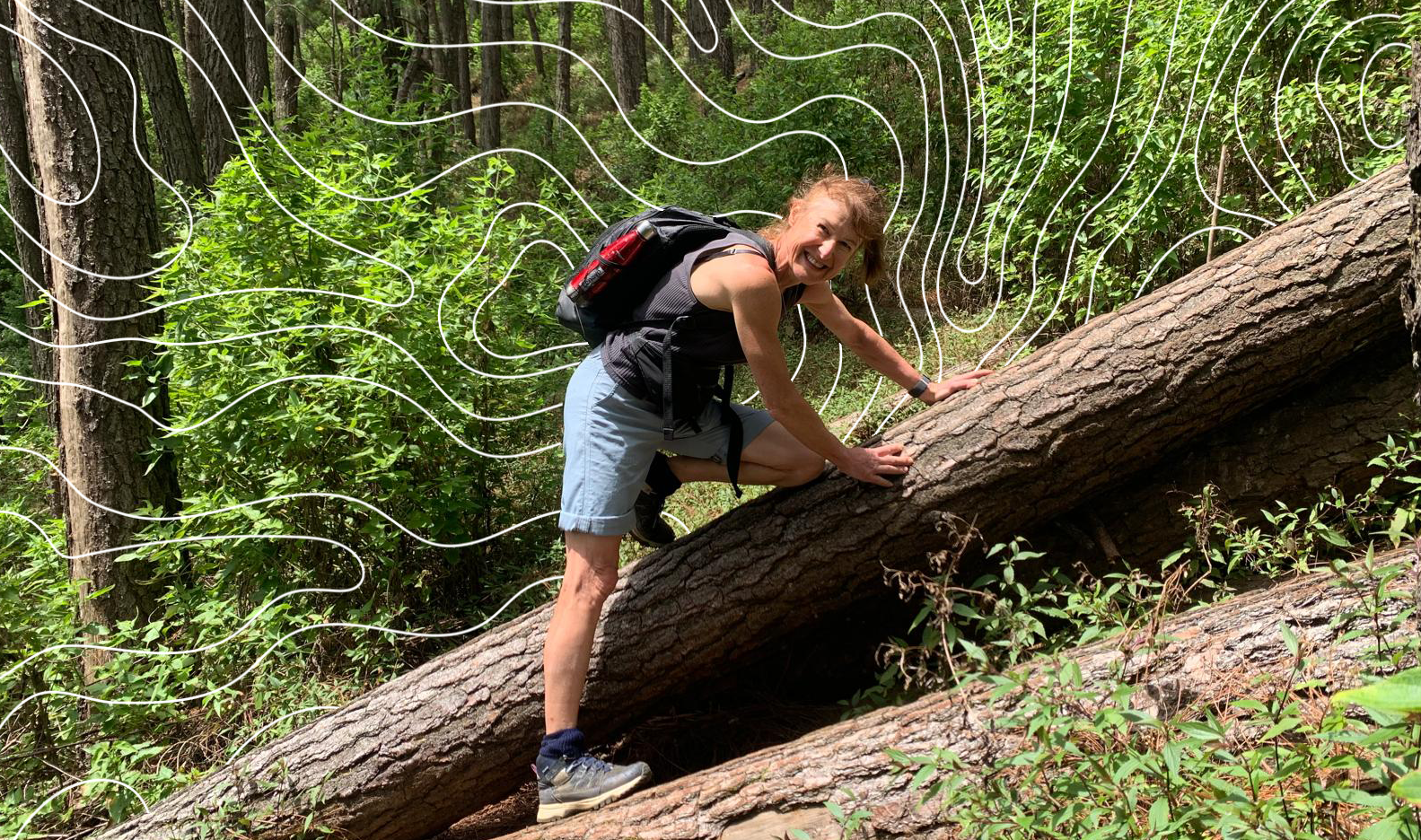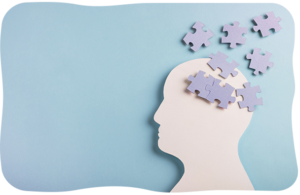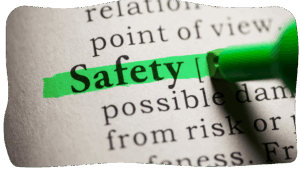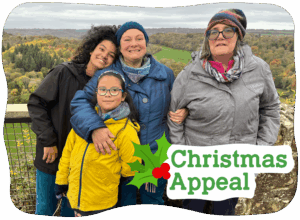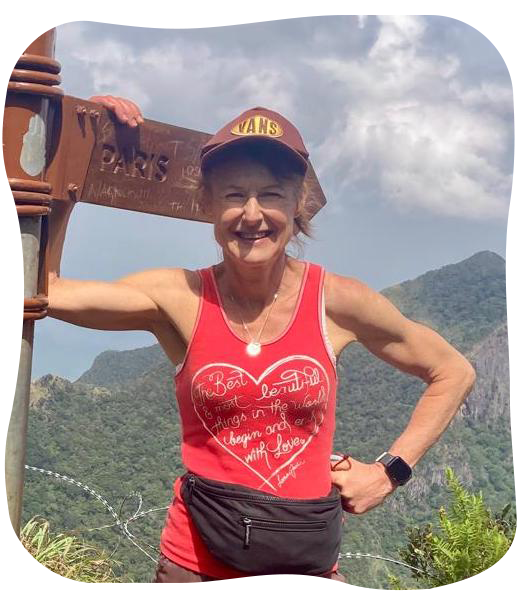
This guest blog is written by Dr Helena Popovic MBBS, a medical doctor, leading authority on improving brain function, award-winning author, and international speaker. She’s passionate about empowering people to live longer, stronger, healthier, and happier lives.
A Journey Across Sri Lanka’s Pekoe Trail
Can adventure really prevent dementia, or is it just a catchy rhyme?
Adventure can most definitely prevent dementia. Of course, our genes play a role, but only 5% of dementias are genetically pre-determined. The other 95% are driven by stress, sleep deprivation, sedentary living, poor diet, depression, loneliness, and a host of other lifestyle factors I explore in my book Can Adventure Prevent Dementia?
The good news is that our choices matter enormously. The word ADVENTURES even serves as the perfect acronym for 10 powerful, practical steps we can all take to boost brain health, lower dementia risk, and even slow disease progression if already diagnosed.
To spread this message, raise awareness, and support the wonderful UK charity Dementia Adventure, I embarked on my own adventure: hiking over 320 km across Sri Lanka’s Pekoe Trail. This trek, through misty mountains and emerald tea plantations, became both a physical challenge and a metaphor for living with meaning, resilience, and joy.
Here’s my journey, stage by stage.
Day 1 – Hantana Tea Estate to Loolkandura (Stages 1 & 2, 27.5 km)
The adventure began with determination and a double stage. Most hikers cover the 22 stages of the Pekoe Trail in 22 days. I had just 14, so on my very first day I trekked almost 28 km of relentless ascents and descents.
Galaha, a charming town in Sri Lanka’s central highlands, was the end of Stage 1 but only the half way point of my first day. Blisters were already forming, but so was my message: Adventure Prevents Dementia.
Day 2 – Loolkandura to Tawalantenne (Stage 3, 18 km)
Already, the challenge was clear. This trek wasn’t going to be about comfort. It was going to demand persistence, resilience, and a clear sense of purpose.
Day 3 – Tawalantenne to Pundaluoya (Stage 4, 16 km)
Rain fell in sheets, soaking me through as I made my way across valleys and tea estates. Trekking in torrential rain is no small feat, but it reminded me that brain health, like hiking, requires resilience. Even small steps in the right direction add up to enormous gains.
Day 4 – Pundaluoya to Kotagala (Stages 5 & 6, 29 km)
A gruelling day. The trail passed waterfalls, rivers, and Tamil temples painted in vivid colours. My body screamed with every step: blisters on blisters, leech bites on leech bites.
I realised I had made the trek harder than necessary by pushing for speed. At the start of the day, I could soak in the beauty around me. But by the afternoon, I was too exhausted to notice. The lesson was clear: when we cram too much into our lives, even joyful experiences lose their meaning.
Brain health isn’t just about activity. It’s also about balance, rest, and appreciation.
Day 5 – Kotagala to Bogawantalawa (Stages 7 & 8, 32 km)
When I went to bed last night, my legs felt like jelly. I had to haul myself upstairs by the railings, then slid down the bannister to get to dinner. I honestly didn’t know how I would manage the planned 32 km today.
A good night’s sleep worked wonders for my legs, but I awoke with punishing vertigo. The room spun, nausea gripped me, and even walking to the bathroom required clutching at furniture for support. For the second time in 24 hours, I nearly cried.
Instead, I turned to breath work, specifically cyclic sighing. Breath work doesn’t cure vertigo, but it lowers anxiety and steadies mood. After five minutes, the dizziness eased just enough for me to set off. One step at a time, the spinning subsided, and by 1 km in, it was gone.
Astonishingly, I went on to complete both Stages 7 and 8, covering 32 km from Kotagala to the famed Bogawantalawa Valley, also known as the ‘Golden Valley of Tea’. The slower-growing tea plants here, nurtured by altitude and climate, produce a coppery, delicate brew prized worldwide.
It was one of the toughest and most rewarding days of the trek, a reminder that resilience often comes not from force, but from breathing, pausing, and then moving forward.
Day 6 – Bogawantalawa to Dayagama (Stage 9, 18 km)
This day was alive with contrasts: bustling villages, stray dogs, vast valleys, lush tea estates, tranquil forests, and grasses taller than me.
Adventure isn’t always grand. Sometimes it is the everyday encounters and unexpected details that awaken our senses and enrich our minds.
Day 7 – Dayagama to Horton Plains (Stage 10 plus 9 km bonus, 25 km total)
I had planned for a 16 km day. My guide insisted otherwise: “You cannot miss Horton Plains National Park!”
So, up I went into the Cloud Forest, where mist curled through ancient trees and the escarpment seemed suspended between heaven and earth. The World’s End cliff dropped 870 m straight down, breathtaking in every sense.
It was far more than I had bargained for, but worth every step. Sometimes life gifts us an unexpected adventure, and saying yes can open us to awe and wonder.
Day 8 – Devil’s Staircase to Haputale (Stages 11 & 12, 20 km)
The steepest descent of the Pekoe Trail, aptly named the Devil’s Staircase. But of course, what goes down must come up. My legs reminded me of this truth with every burning step.
Again, the trek mirrored life: resilience isn’t about avoiding the climbs, but about pacing ourselves, resting when needed, and pressing forward with purpose.
Day 10 – Makulella to Ella (Stages 15 & 16, 19.5 km)
This stage was pure magic. From the quiet village of Makulella, the trail led to the bustling tourist town of Ella. Highlights included:
- The summit of Ella Rock with sweeping views
- Crossing the famous Nine Arches Bridge
- Following the iconic spiral railway of the Demodara Loop
Exhilarating and unforgettable.
Day 14 – Haputale to the Finish (Stages 21 & 22)
After 14 days, 22 stages, and over 320 km, I completed the Pekoe Trail. My body was battered but my spirit was stronger than ever.
This journey reinforced one vital truth:
- Give your brain a reason to stay sharp, and it will.
- Give your body a reason to stay strong, and it will.
Optimal brain health is not just about food or fitness. It is about purpose, adventure, and meaningful goals.
Why Dementia Adventure Matters
Too often, a dementia diagnosis strips people of joy, purpose, and connection. Dementia Adventure challenges this narrative. They provide supported holidays, outdoor experiences, and training for carers so that people with dementia can continue to live fully, with dignity and delight.
Their work is vital, but it needs awareness and funding to continue.
Final Reflections
Adventure truly can prevent dementia, not through risk-taking for its own sake, but through choosing to live with curiosity, connection, and courage.
This trek was more than a physical journey. It was a reminder that:
- The brain thrives on novelty and challenge.
- Balance and rest are as important as exertion.
- Purpose gives power to both body and mind.
If we nurture our brains with adventure, big or small, we don’t just add years to our life. We add life to our years.






